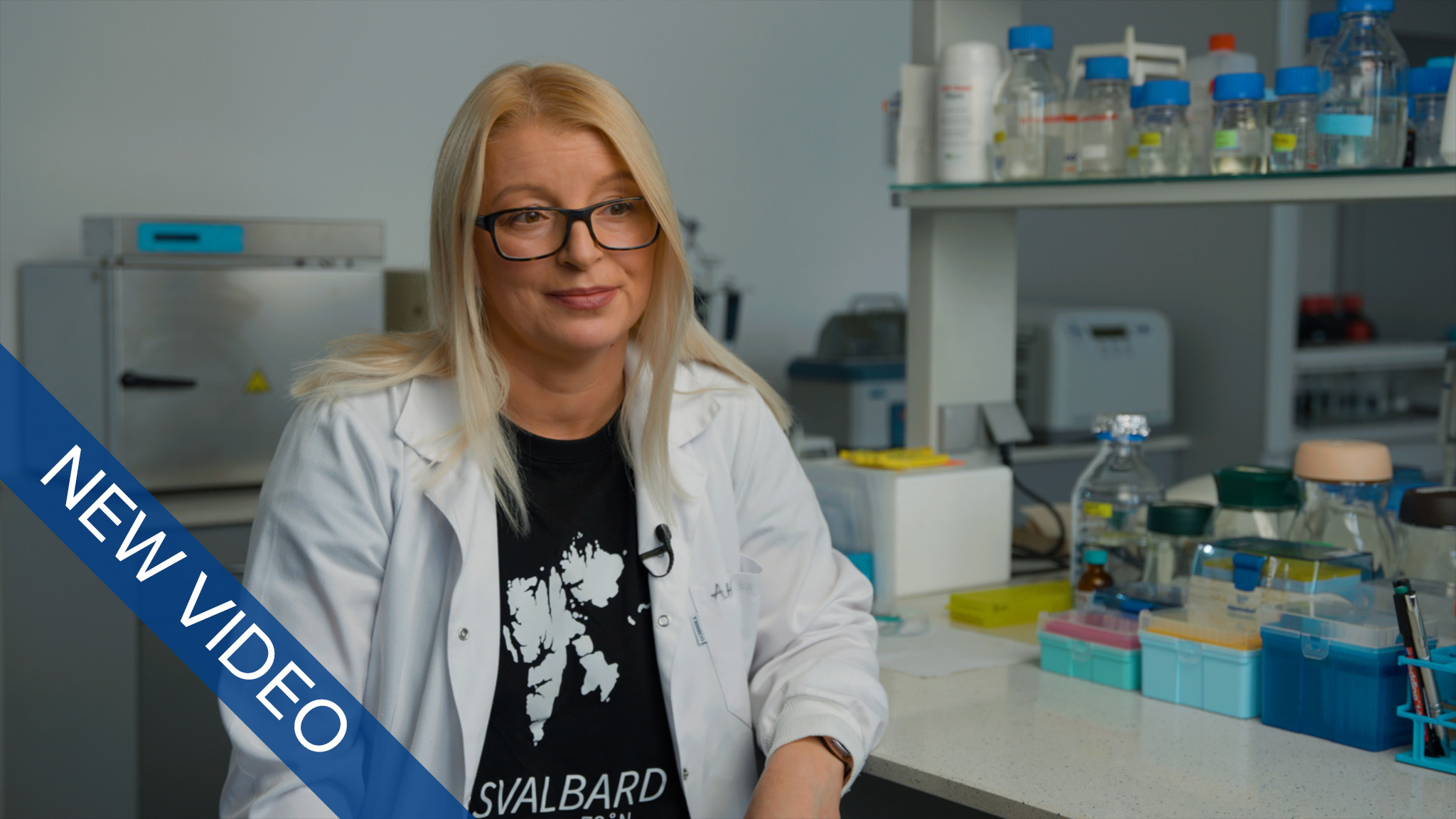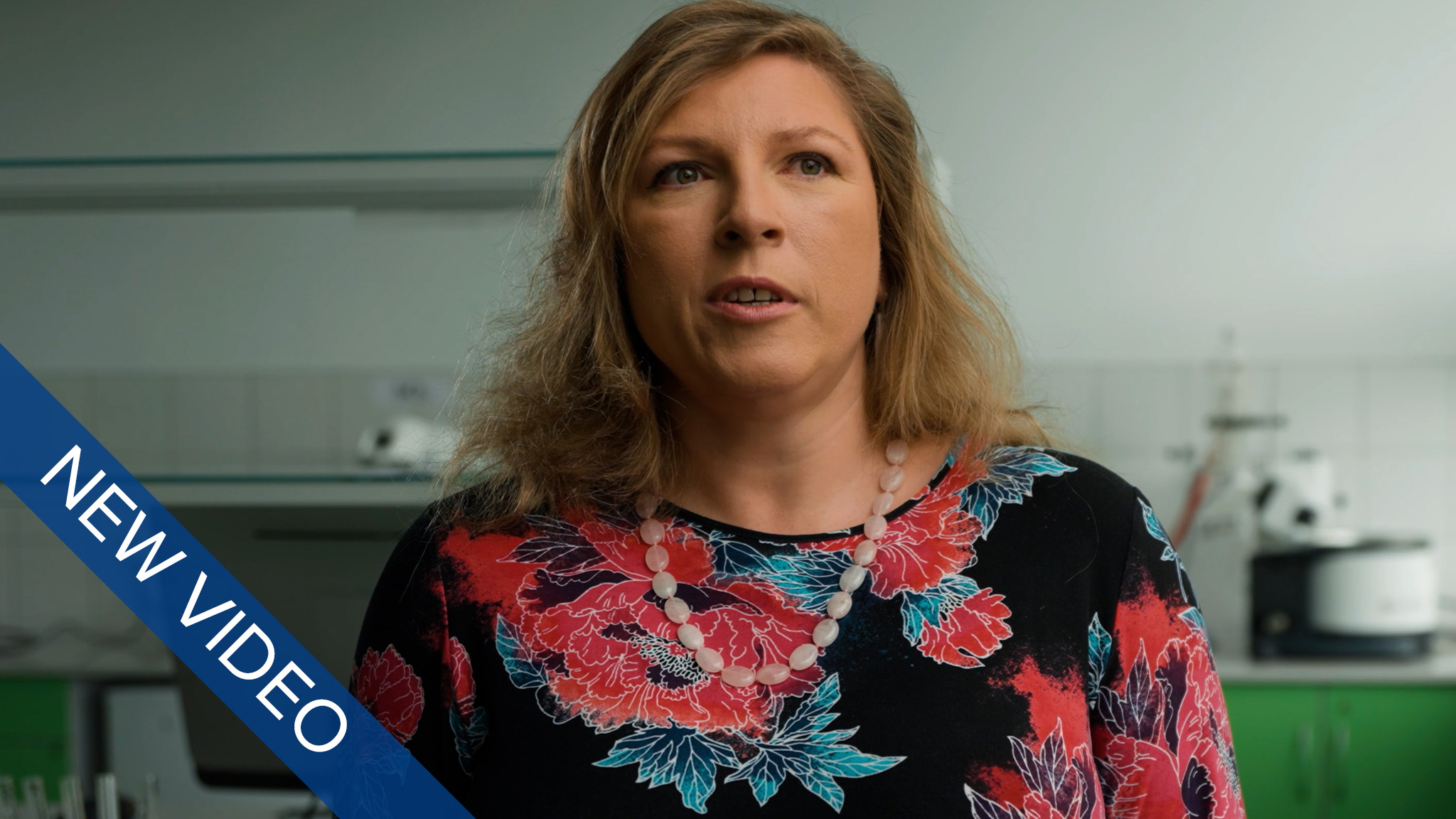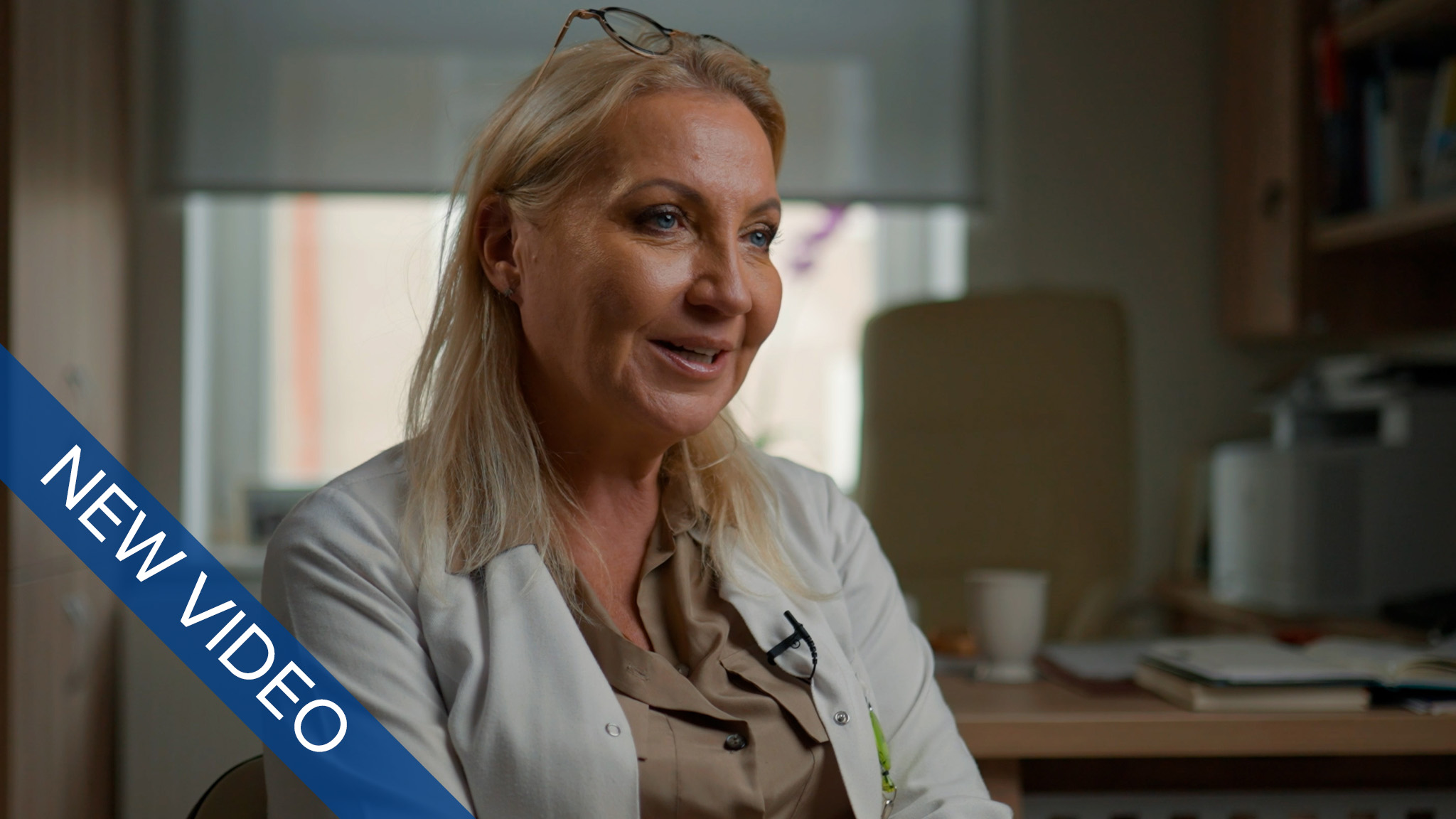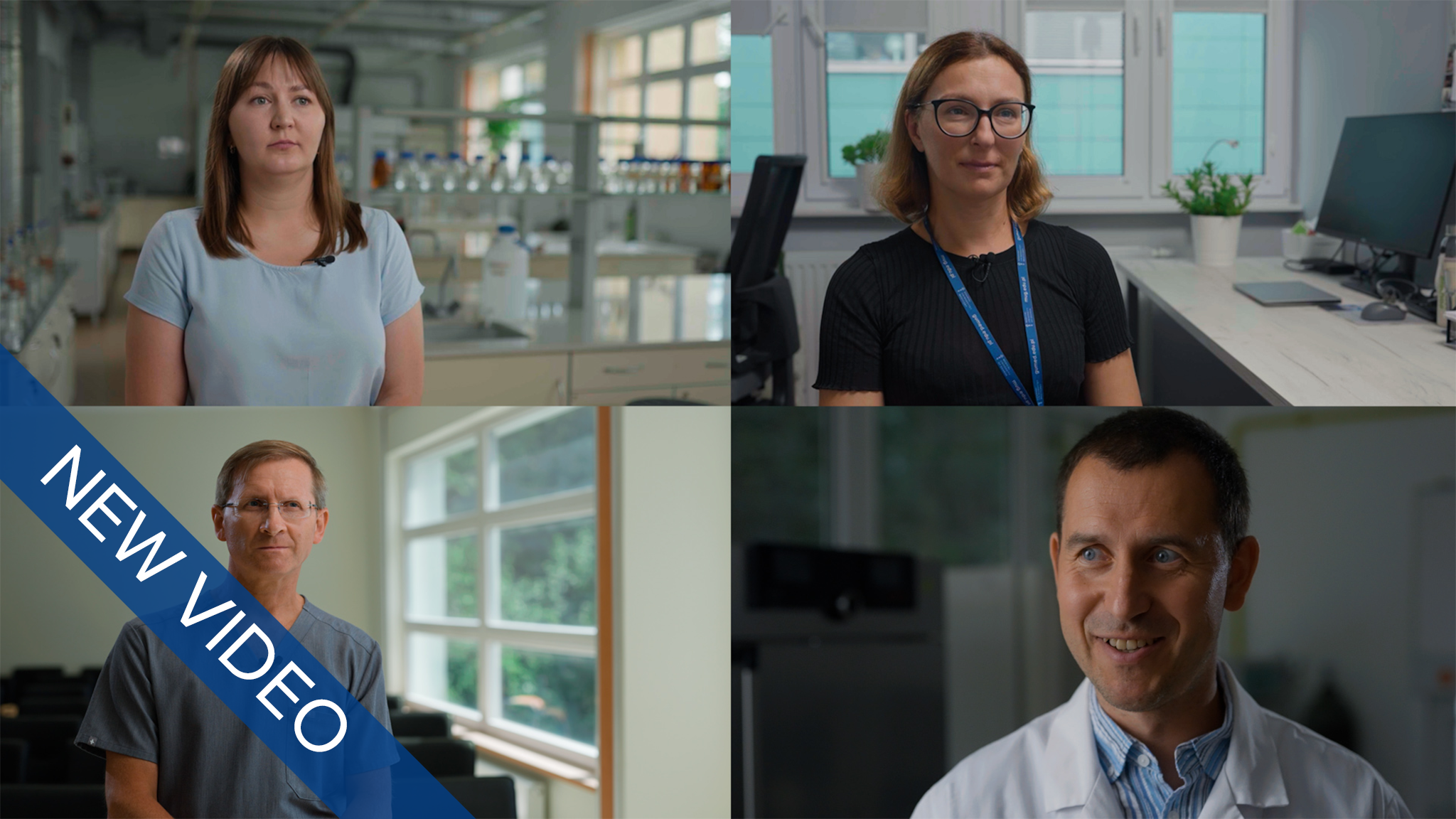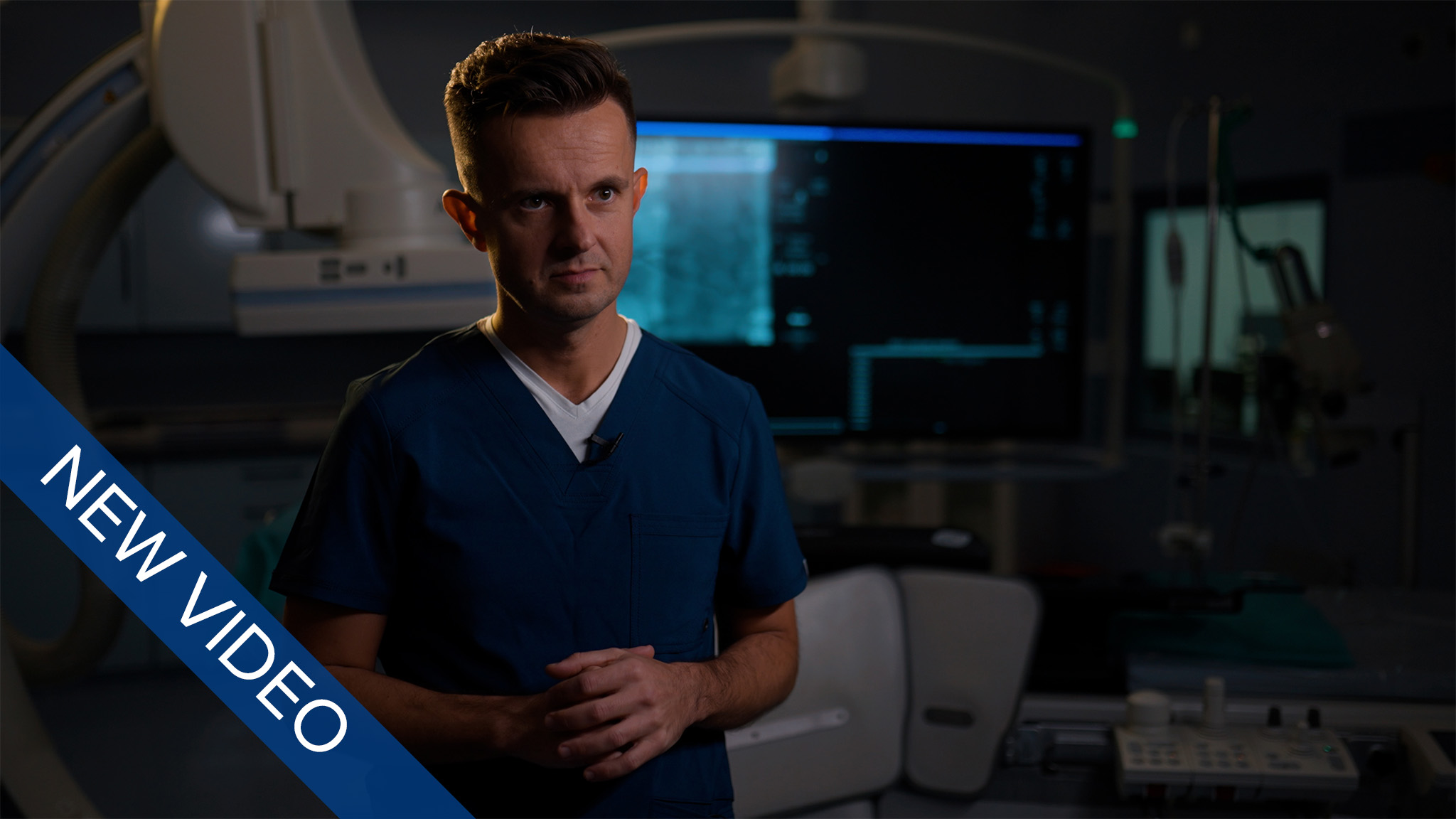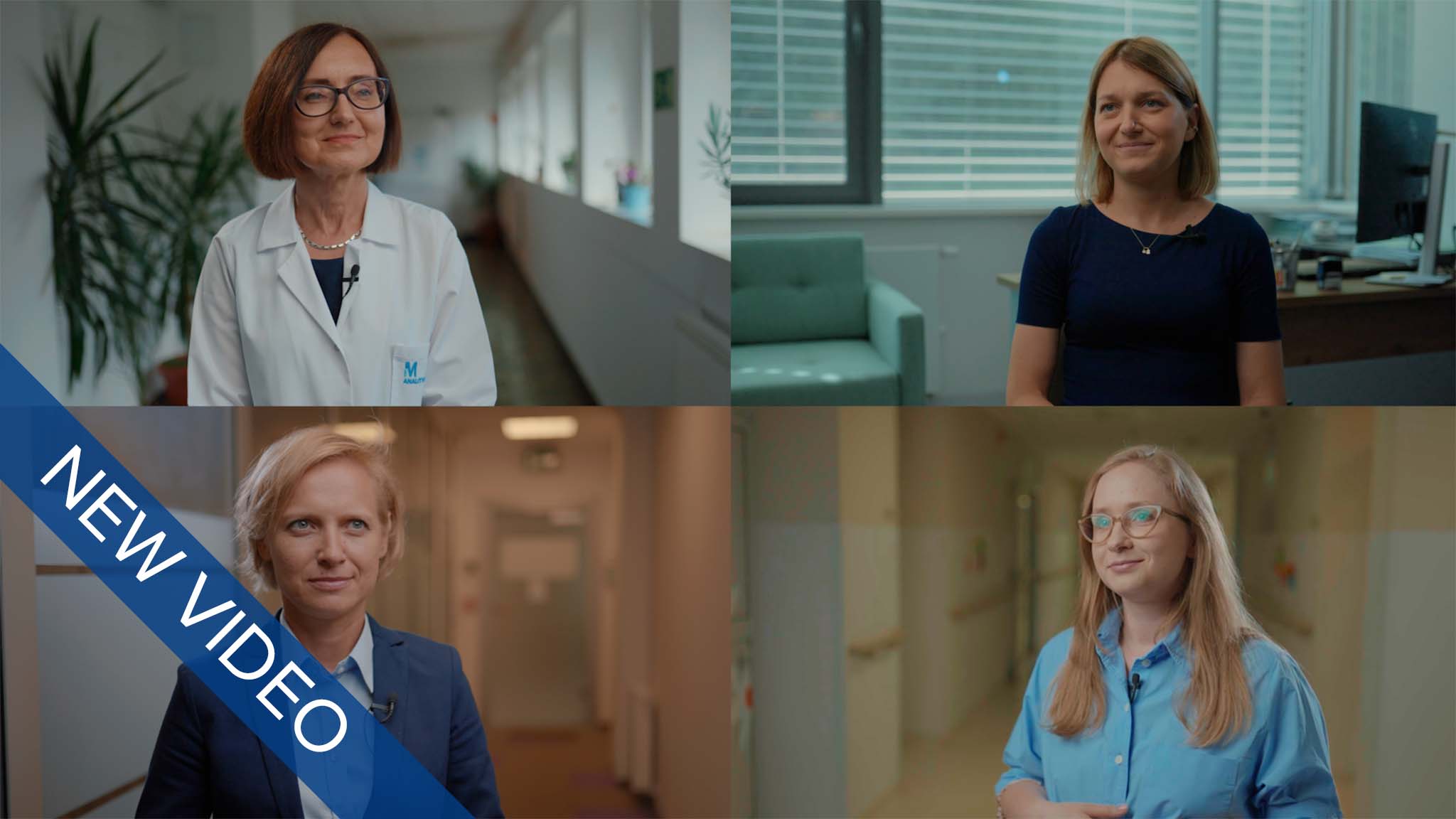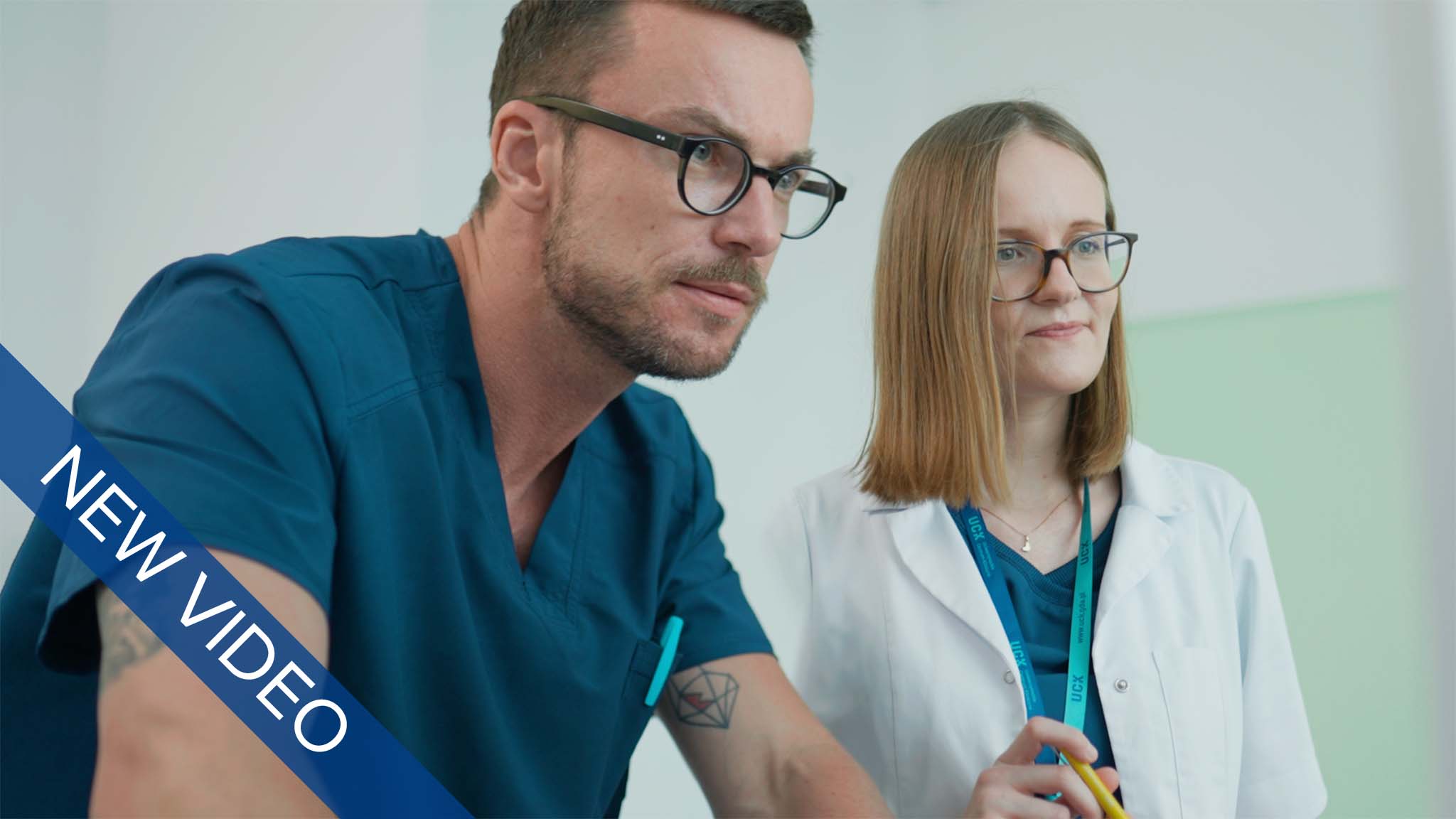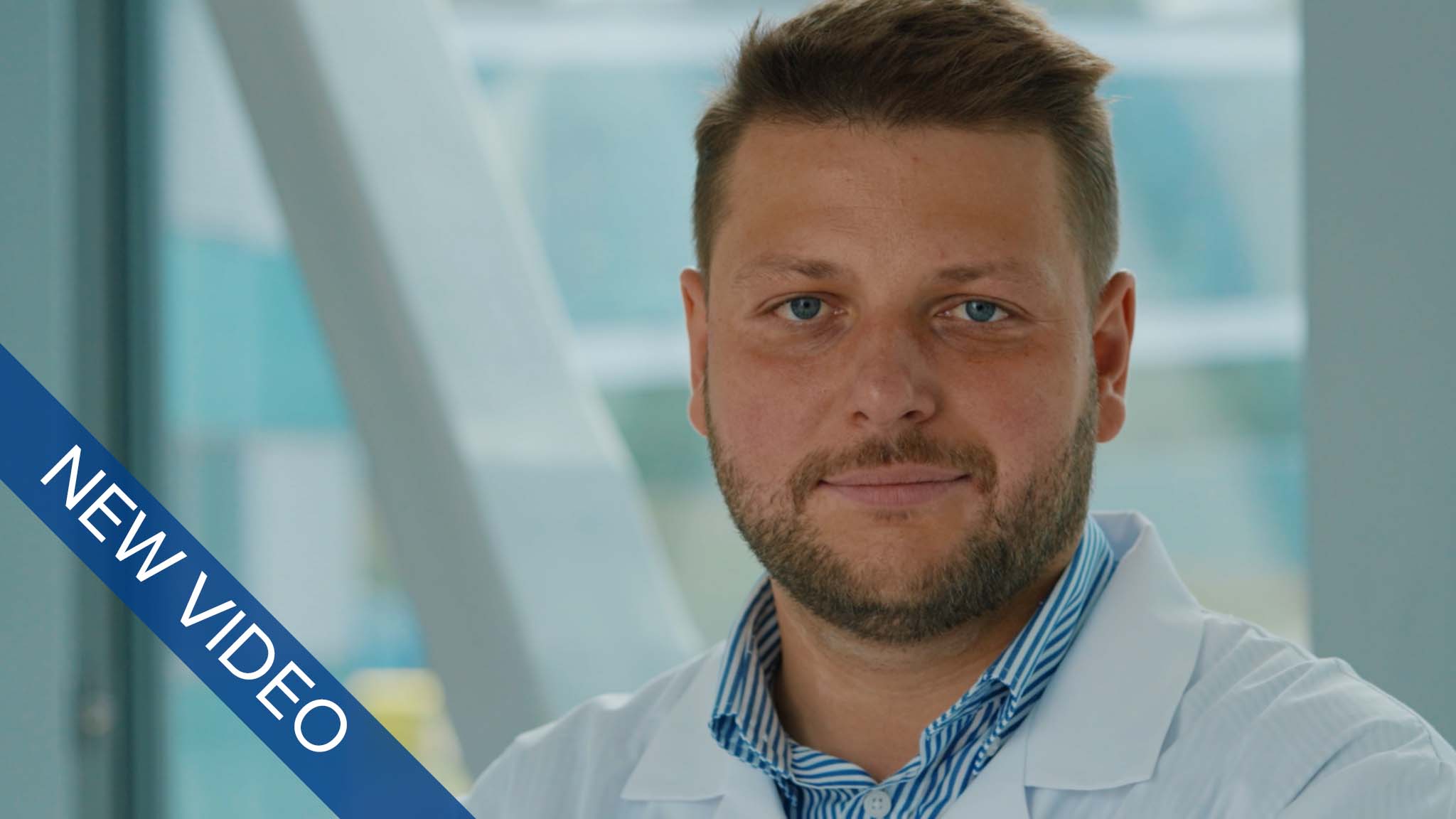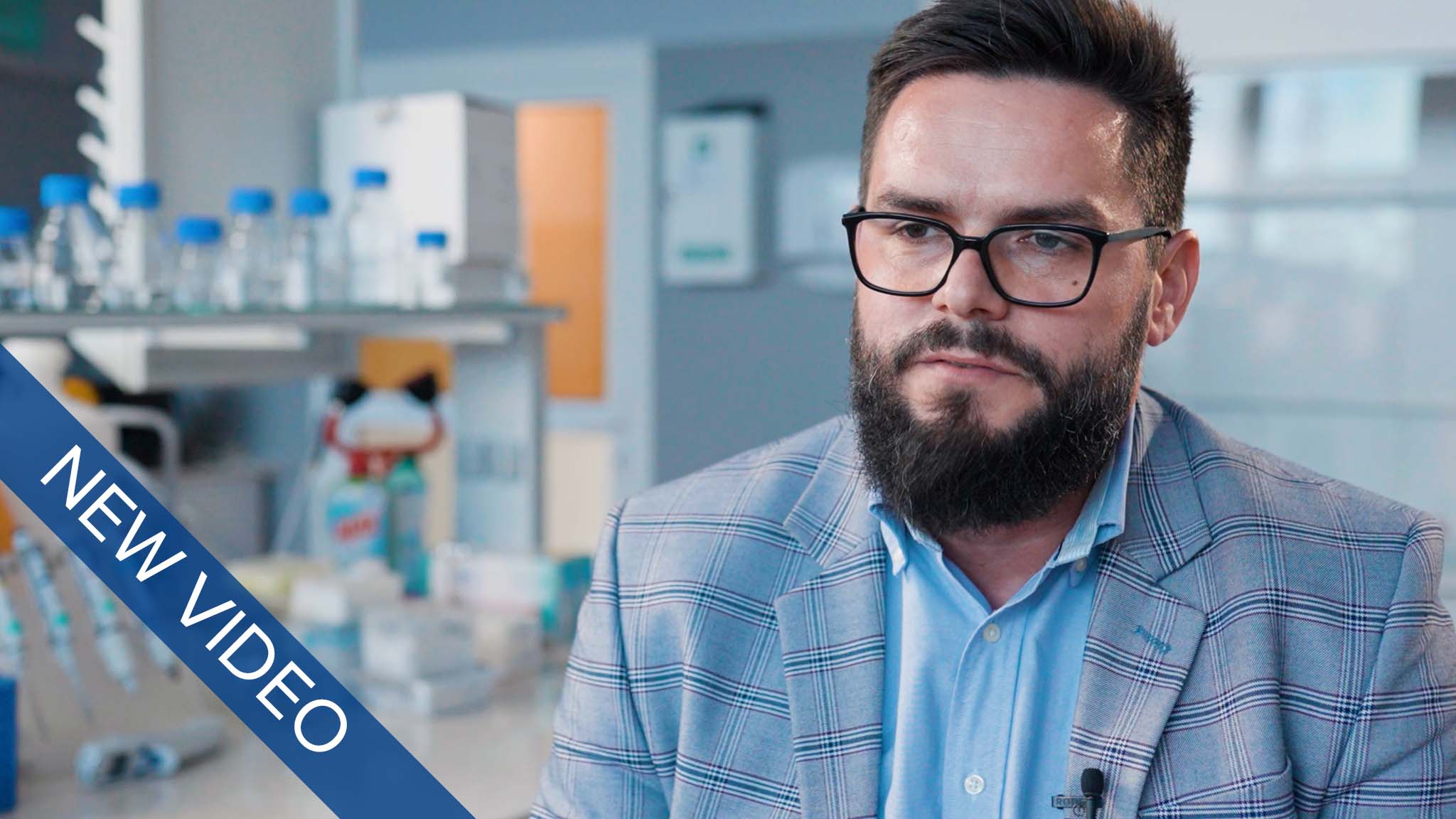Ageing of the population, an increase in the number of people suffering from lifestyle diseases, and widespread access to over-the-counter drugs are just some of the factors that contribute to global increase in sales and consumption of pharmaceuticals. Although they help millions of patients every day, their residues, which enter the environment without control, can...
Author: admin
Bromatology. Research on the quality and safety of food products
A team from the Department of Bromatology at the Medical University of Gdańsk is conducting research on the quality and safety of food and food supplements in terms of the content of bioactive, mineral and toxic components, such as arsenic, cadmium and mercury (in cooperation with the Department of Analytical Chemistry at Gdańsk University of...
How do scientists help identify criminals?
Researchers from the Laboratory of Forensic Biology and Genetics, Prof. Ryszard Pawłowski and Agnieszka Maciejewska, Ph.D., D.Sc., apply the latest techniques in molecular biology, genetics to identify biological evidence. They deal with criminal cases, identifying perpetrators of crimes – murderers, rapists. Genetics is developing very fast, which now allows them to solve cases that 20-30...
Spinal muscular atrophy – a disease that ceased to be afatal due to science
Prof. Maria Mazurkiewicz-Bełdzińska at the Division of Developmental Neurology is implementing a drug programme for patients with spinal muscular atrophy. In patients who until recently have had little chance for a normal life, the disease progression has been put to a halt due to effective therapies. In newborns, thanks to screening and medication in the first...
Science, Innovation, Society – How new technologies help patients and support doctors?
The results of research, experiments and scientific work respond to the particular needs of the society and, ultimately, the potential patient. A vast majority of these projects are protected not only by national patents but also those valid in Europe and the United States. Thus, the group of beneficiaries of innovative solutions is expanding, providing...
Searching for new therapies for patients with Takotsubo syndrome
Some of the patients who end up in hospitals with suspected heart attacks are actually suffering from Takotsubo syndrome – acute heart failure, whose clinical diagnosis is deceptively similar to heart attack. This is a significant diagnostic issue, because the therapeutic strategy in patients with Takotsubo syndrome differs significantly from that used in myocardial infarction,...
Science, Innovation, Society – How new technologies help patients and support doctors?
The research carried out at the University allows the creation of inventions that benefit not only academics, but also doctors, whose daily work is facilitated by modern infrastructure or patient monitoring software. However, they are above all created for the sake of patients, who are offered health awareness and self-monitoring solutions in easy-to-use mobile applications.
Skin cancer – risk factors, diagnosis and therapy
Skin cancers are a large, heterogeneous group of diseases. Although they are usually characterized by local aggressiveness, some of them, especially melanomas, can lead to the patient’s death. The Melanoma Diagnostic and Treatment Centre has been created at the University Clinical Centre in Gdańsk, where patients are provided with multi-specialist care. The dermatologists Michał Sobjanek...
Microcirculation. In search of new opportunities for examining the cardiovascular system
Microcirculation is an important part of the cardiovascular system, which is difficult to be accessed by classical diagnostics. In more than 40% of patients who come under the care of a cardiologist with typical symptoms of coronary artery disease (such as chest pain, shortness of breath, decreased exercise tolerance), the complaints are due to disorders...
Health risk assessment using different human biomonitoring data and alternative approaches
Toxicology is an interdisciplinary field of knowledge that draws on the expertise of basic sciences such as biology, chemistry, medicine and pharmacology. Toxicologists study substances that are harmful to humans, and also the manner in which they affect living organisms.
